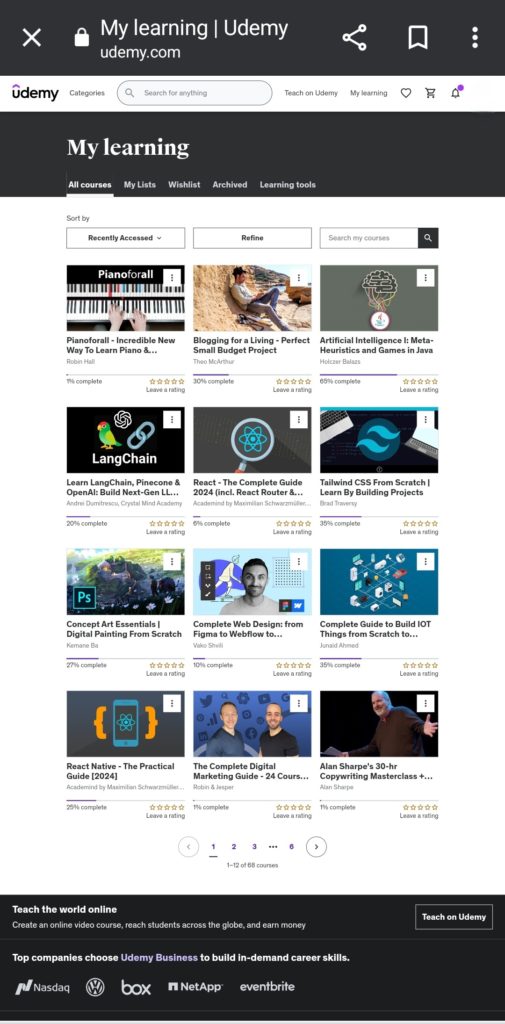We have all been guilty of making this mistake, thinking that this will help us be more productive in the long run. What I’m going to tell you in the following paragraphs may feel counterintuitive to what most people say. Read on till the end to know what it is and what you should be doing instead.
Diminishing returns
One common saying that we encounter pretty often is “KNOWLEDGE IS POWER”. And it’s obviously true. We are living in the knowledge economy after all, and the more knowledgeable you are, the more valuable and valued you will be.
But to borrow from Bob Dylan, exactly how much knowledge should someone gain before they can be called knowledgeable? Even Newton had admitted that he could only pick pebbles and shells from the great ocean of truth.
Our brain, remarkable as it is, still has only a finite space available to store new information. And unlike electronic memory, we can’t even partition it and reserve space only for new information to be stored!
The doomed cycle of knowledge
By now you might have guessed what I am hinting at. It’s the urge many of us feel to go through course after course, book after book, all in an attempt to gain more knowledge about some topic that either interests us or that we need to become an expert on to stay relevant in our profession. I call this “training hell”.
It’s hell indeed, because once you’re trapped in this vicious cycle, there is no way out until and unless you make a conscious choice to stop somewhere. That is the more dangerous aspect of this mentality, that our mind absolutely justifies this addiction.
Yes, I do prefer to call this an addiction, just like you can get addicted to social media or Netflix. But unlike Netflix, your mind justifies that you are not wasting your time by watching useless shows, but doing something productive! And just like that, your brain gives you the permission to switch your Netflix binge-watch sessions with online course binge-watch sessions!
The shopping spree for knowledge
The second problem with this addiction is that we tend to justify splurging on more and more courses on online learning platforms like Udemy, Coursera, Udacity, and others. We tend to think,
“Hmm, they are running a discount now on the site, and these courses seem interesting. I might not have time to learn this right now, but I will surely come back to this when I have more time on my hands and learn this as well”.
That’s also an inherent flaw of the self-paced learning system. If you know that there simply won’t be any penalty for finishing late, you won’t even feel the urge to start, but that enticing discount would make you reach for that credit card anyway!
Guilty as charged!
Before you start thinking that I’m a snob and just being smug about how you’re a fool to be wasting your time and money while I have been the smart one, let me assure you that I’m not placing myself on a high pedestal and looking down upon you judging you for this flaw. Let me show you my Udemy page and the number of courses I have bought over the years. You can see that though I have bought many courses, I have completed very few of them. There is a total of 68 courses, as you can see from the screenshot below!


